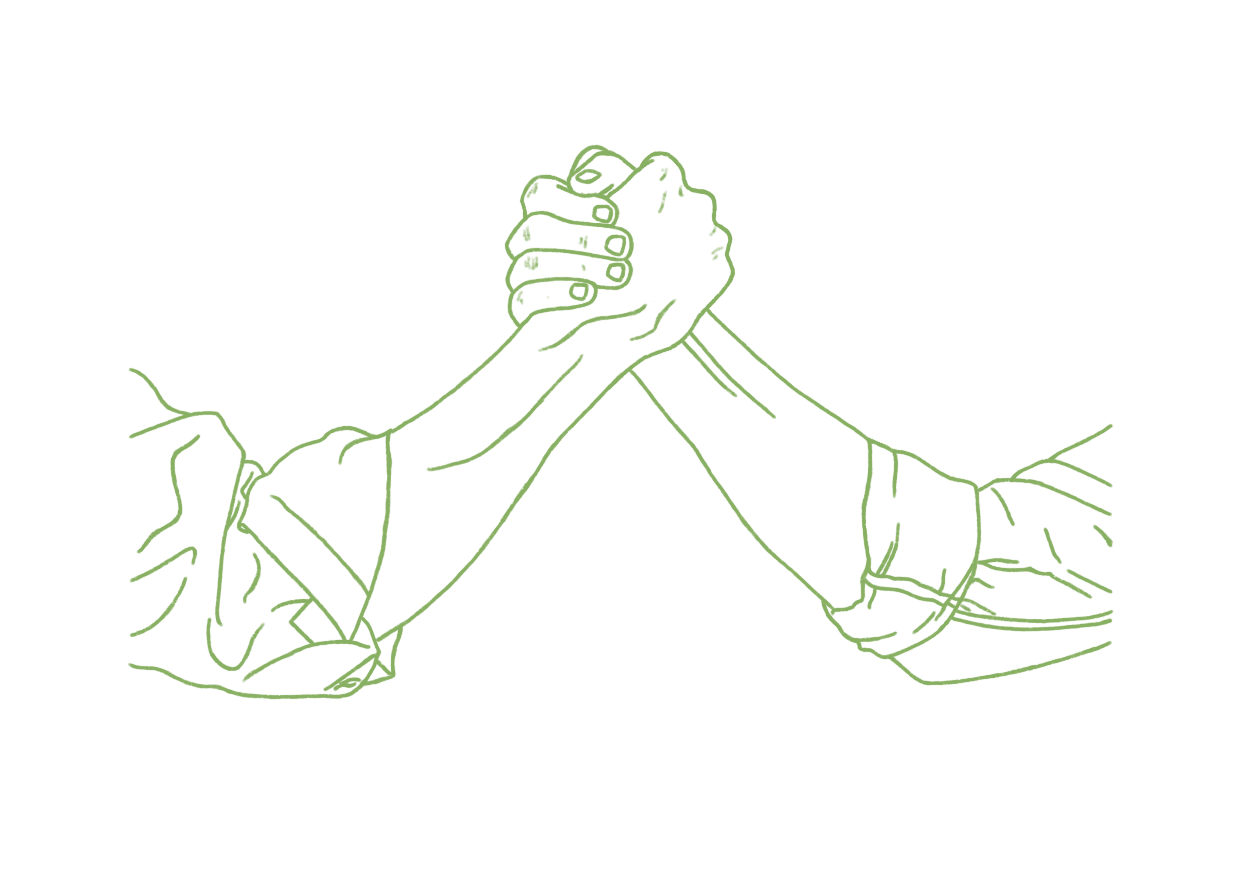Some words of non-advice: Why is it so difficult to have a healthy relationship?
Let's start by answering the titular question, and sorry to break the news, but it's probably you. And by “you” I mean “me”. Let's call it “us”. In my mind, some people have an easier time being around other people. Some people can more naturally find themselves in a relationship for several years, they function well being a couple and somehow manage to work productively around their relationship. Again, this is what my mind came up with and I would not exactly trust what goes on in there. I know that in reality, it is not that simple, and a healthy relationship does not just grow on you but has to be nurtured. Anyhow, for the rest of us who are not naturally used to meeting others in the middle and are unaccustomed to making compromises, the task of keeping another human being by their side might be harder for multiple reasons. One such difficulty may arise from previous experiences of toxic relationships in different contexts, from family to love, friendship to work.
Graphics: Sóley Ylja A. Bartsch
Don´t you know that you´re toxic?
Life experience and upbringing are not linear and vary a lot among people. When we go out of our own bubble, we start comparing our experiences to those of others. Sometimes they are similar, other times they are drastically different. I´ll make a controversial example: in some countries, until very recently, it was considered normal to physically punish children. Little did I know when I was joking about that time when…well, it doesn't matter. But every poor Nordic soul who heard the story was shaken. The point is that it is hard to start anew and change behaviour that we have considered to be a normal routine for a long time. Basically, we need to re-learn how to interact and approach the other, or in this case, the “significant other”.
Sometimes, having a healthy relationship can be destabilizing because we never learn to recognize toxic patterns. Used to being intoxicated while generally acting and reacting in a negative manner, we spread our venom over new relationships as an automatic reflex of habit. When the habit becomes a choice though, we deliberately decide the worth we allocate to the relationship. I honestly do not know how to overcome this barrier of spitting venom instead of swallowing it.
Can I get an amen?
Maybe, as a first step, let's stop overthinking the why and let's act on how to break the cycle of guilt in which, not sure about who to blame, we end up blaming ourselves. There is no easy fix for the troubles of the mind – the most sensible thing to do is to reflect upon our experience and seek the help of a professional if it becomes debilitating in the long run. Unfortunately, not everyone has the time, financial capacity or “simply” the courage to confront these problems. They might shy away from personal trauma and unpleasant past experiences that are painful to bring up. Recognizing our faults and flaws is already a great achievement, and it might not have been enough for your past relationship, but growth is made of small steps. We can implement what we have learned about ourselves only after we have learned it, right?
One of the best pieces of non-advice I have been given is to stop thinking about how you are going to screw up your relationship because of the ghosts of your past unhealthy relationships. And I´ll tell you a secret: sometimes healthy relationships come to an end too. And that happens for countless reasons. Take action if the matter makes you absolutely miserable, don’t be too hard on yourself, and never lose hope in love. The last one is optional. Either way, it is essential to be at peace with oneself and firstly work on building enough confidence to not be toxic towards ourselves. Like a philosopher of our days once said “If you don't love yourself, how in hell you gonna love somebody else?”.

